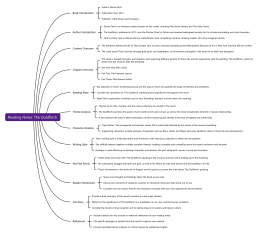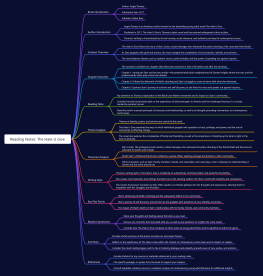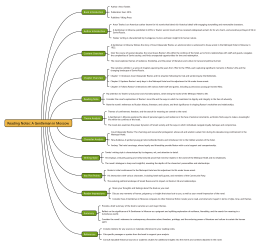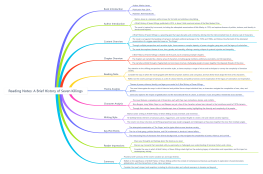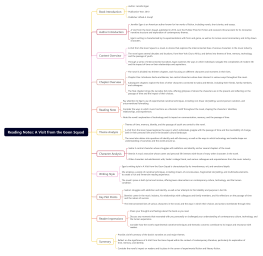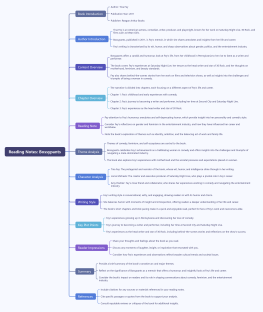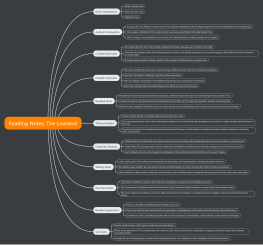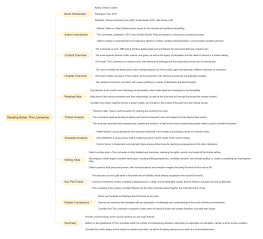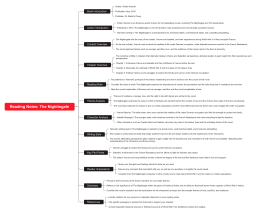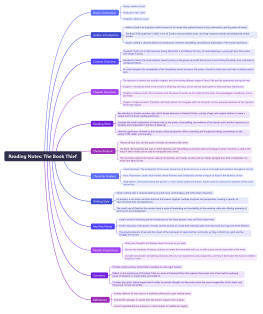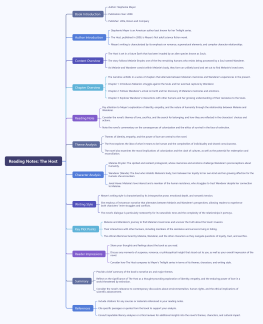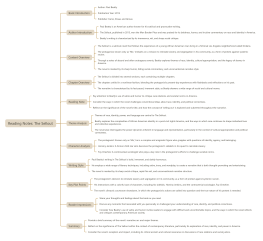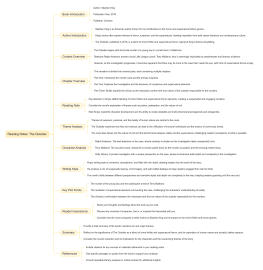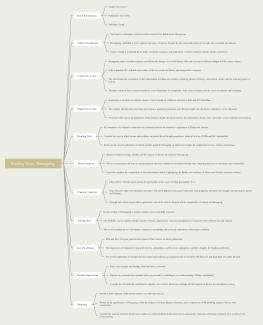Circe-Madeline Miller: Book Summary
2024-07-19 15:46:13 331 0 Report 0
0
Login to view full content
Madeline Miller's 'Circe,' published in 2018 by Little, Brown and Company, is a richly woven retelling of the Greek mythological figure Circe, known from Homer's Odyssey. The novel traces Circe's evolution from her troubled childhood as the daughter of the sun god Helios to her exile on the island of Aiaia. Throughout her journey, she encounters legendary figures like Odysseus, Hermes, and Athena, grappling with her identity and powers. Miller's writing is celebrated for its lyrical prose and vivid characterizations, offering a feminist reinterpretation of classical myths. Themes of identity, exile, and self-discovery are central, exploring how individuals navigate societal and familial pressures. The novel delves into power dynamics, ambition, and personal agency, as Circe transforms into a powerful witch. The narrative is structured in chapters that highlight key moments in Circe's life, from her family dynamics and discovery of her powers to her significant encounters on Aiaia. Miller's evocative imagery and immersive world-building bring the mythological world to life, providing a deeply intimate perspective through Circe's first-person narration. Readers are encouraged to reflect on Miller's feminist themes, the novel's rich world, and its nuanced portrayal of mythological characters. Comparing 'Circe' to other myth retellings can enhance understanding of Greek mythology's relevance to contemporary issues. The novel stands out in the genre of mythological fiction, breathing new life into ancient stories and exploring timeless themes with modern resonance.
Other creations by the author
Outline/Content
Book Introduction
Author: Madeline Miller
Publication Year: 2018
Publisher: Little, Brown and Company
Author Introduction
Madeline Miller is an American novelist known for her retellings of classical myths, including Circe and The Song of Achilles.
Published in 2018, Circe is one of Miller's most acclaimed works, receiving praise for its rich storytelling and feminist reimagining of Greek mythology.
Miller's writing is characterized by its lyrical prose, vivid characterizations, and thoughtful exploration of timeless themes.
Content Overview
Circe is a retelling of the story of the eponymous figure from Greek mythology, known for her role in Homer's Odyssey.
The novel follows Circe's journey from her troubled childhood as the daughter of the sun god Helios to her exile on the island of Aiaia.
As Circe grapples with her identity and powers, she encounters a cast of legendary figures, including Odysseus, Hermes, and Athena.
Chapter Overview
The narrative unfolds in chapters that follow key moments in Circe's life, from her early experiences in the halls of the gods to her eventual transformation into a powerful witch.
Chapter 1: Introduces Circe and her family dynamics, including her fraught relationship with her father Helios and her siblings.
Chapter 2: Follows Circe's discovery of her powers and her exile to the island of Aiaia, where she begins to carve out a life for herself.
Chapter 3: Explores Circe's encounters with various visitors to her island, including the shipwrecked Odysseus.
Reading Note
Pay attention to Miller's feminist reinterpretation of Greek mythology and her exploration of themes such as power, agency, and transformation.
Consider how Circe's journey reflects universal human experiences and struggles, despite its fantastical setting.
Note the novel's richly imagined world and its nuanced portrayal of characters from classical mythology.
Theme Analysis
Themes of identity, exile, and self-discovery are central to the novel.
Circe explores the ways in which individuals define themselves in the face of societal expectations and familial pressures.
The novel also delves into the complexities of power and ambition, as Circe navigates the politics of the divine world and asserts her own agency.
Character Analysis
Circe: The protagonist and narrator, a powerful witch and daughter of the sun god Helios, whose journey of self-discovery forms the heart of the novel.
Odysseus: The legendary hero of Homer's Odyssey, whose encounter with Circe on the island of Aiaia plays a pivotal role in his own epic journey.
Other characters, such as Hermes, Athena, and Circe's family members, who shape her destiny and influence her choices throughout the novel.
Writing Style
Miller's writing style in Circe is marked by its lyrical beauty, evocative imagery, and immersive world-building.
She brings the world of Greek mythology to life with vivid descriptions and richly detailed settings, transporting readers to a time of gods and monsters.
The novel's first-person narration by Circe offers readers a deeply intimate and personal perspective on her life and experiences, drawing them into her world with empathy and insight.
Key Plot Points
Circe's discovery of her powers and her exile to the island of Aiaia.
Circe's encounters with various visitors to her island, including Odysseus and Hermes.
Circe's journey of self-discovery and empowerment as she comes into her own as a powerful witch and woman.
Reader Impressions
Share your thoughts and feelings about the book as you read.
Discuss any moments that resonated with you, as well as any questions or insights the novel raised.
Consider how Circe compares to other retellings of classical myths and its impact on your understanding of Greek mythology and its relevance to contemporary society.
Summary
Provide a brief summary of the book's narrative arc and major themes.
Reflect on the significance of Circe within the genre of mythological fiction and its ability to breathe new life into ancient stories.
Consider the novel's exploration of timeless themes and its relevance to contemporary issues and concerns.
References
Include citations for any sources or materials referenced in your reading notes.
Cite specific passages or quotes from the book to support your analysis.
Consult reputable scholarly sources or academic analyses of Greek mythology for additional context and insights.
0 Comments
Next page
Recommended for you
More

